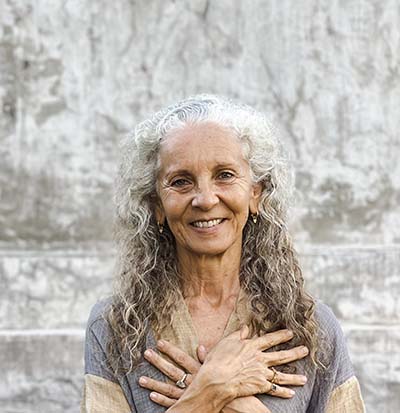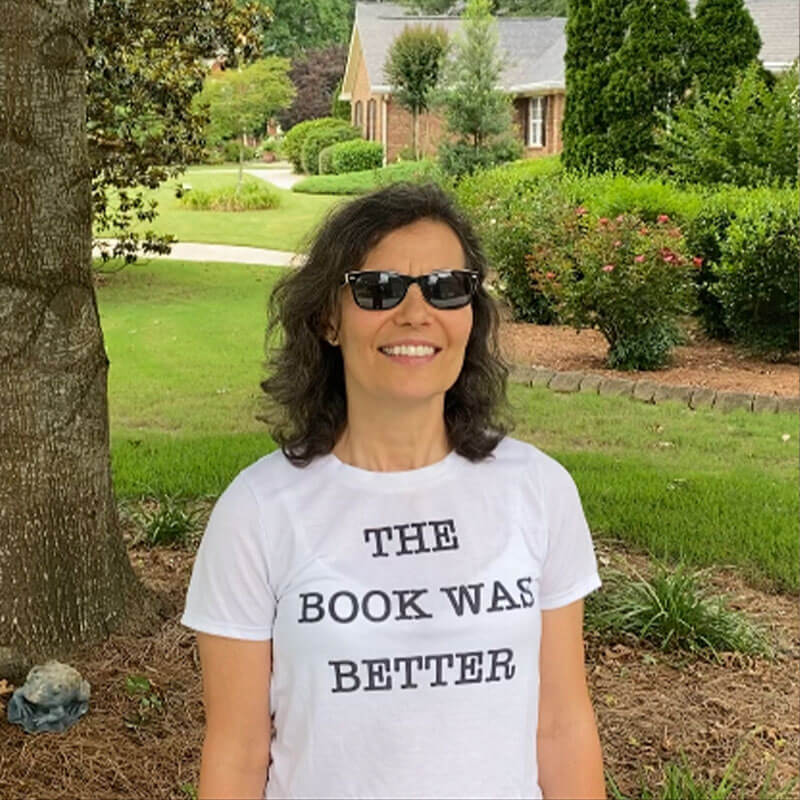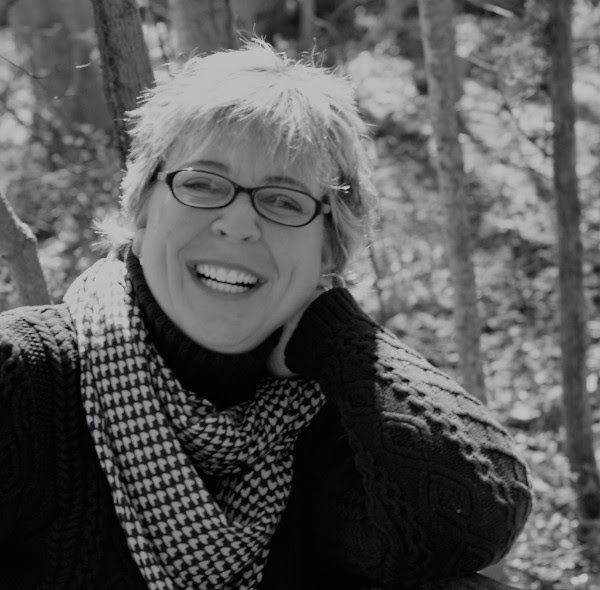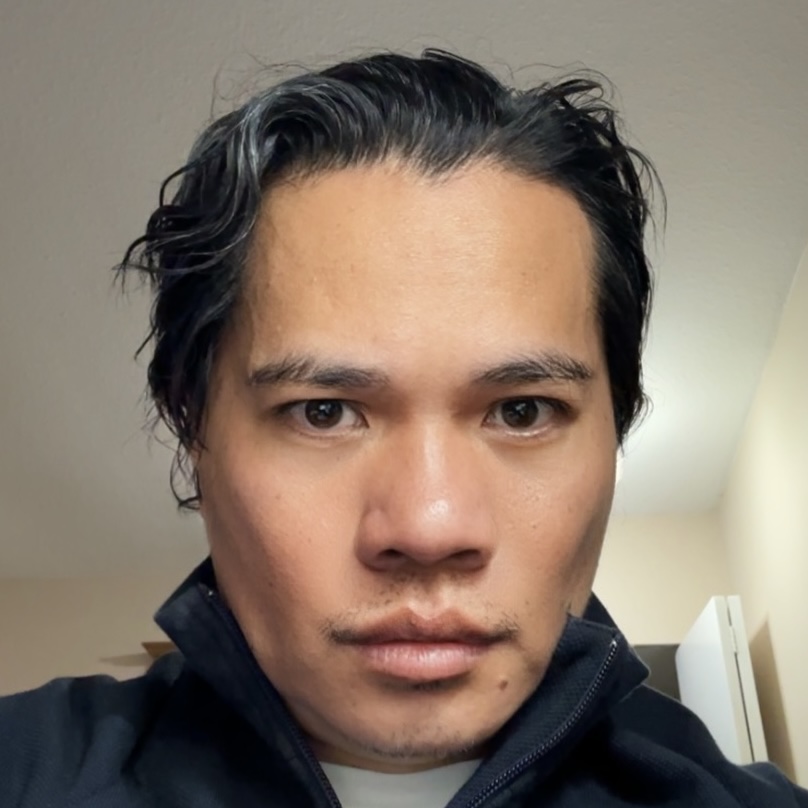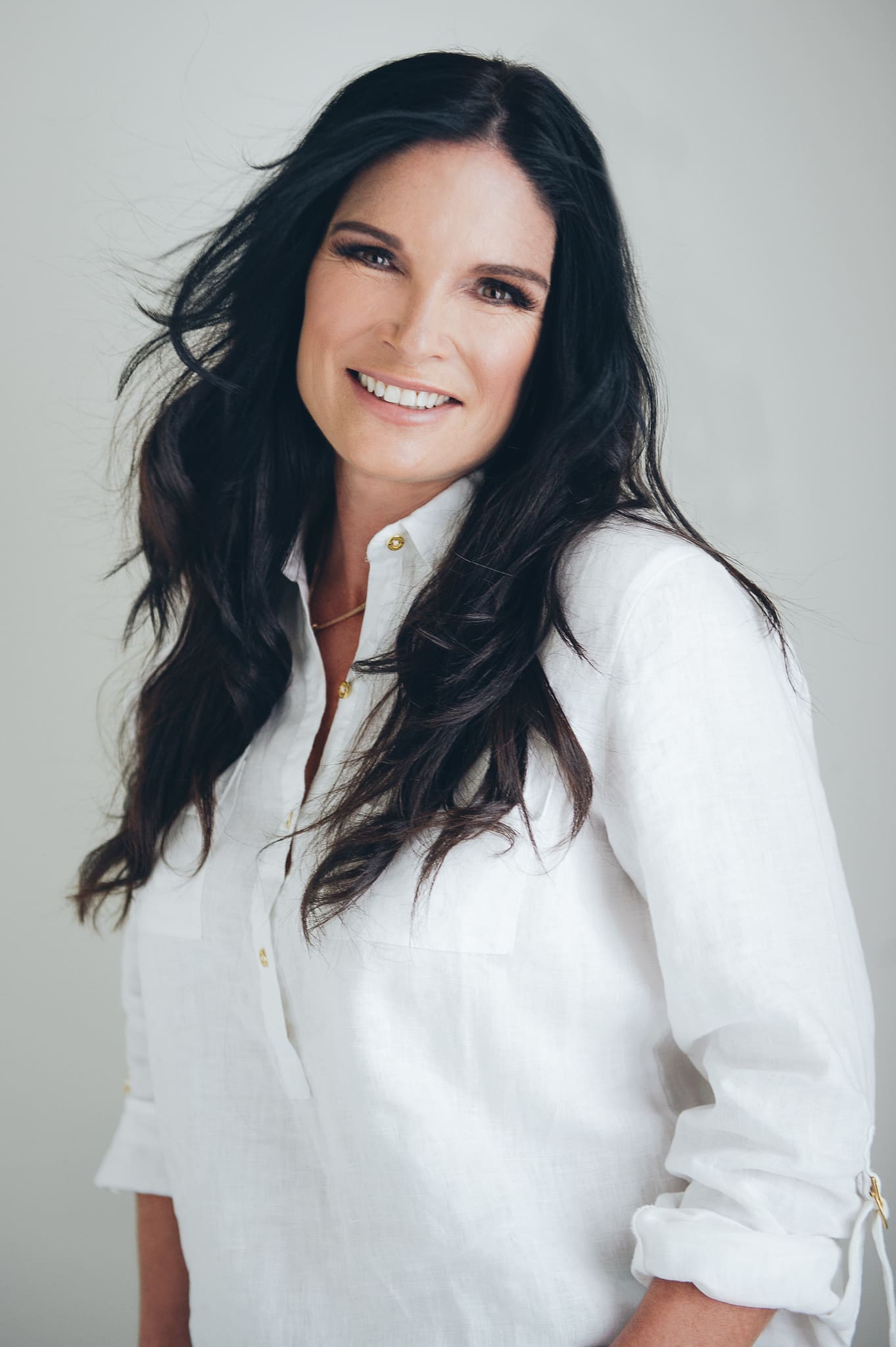Satya: Self-honesty, Moment by Moment
Do you feel inspired to live your dharma but you’re afraid to take the next step?
Are you ready to uncover what’s blocking you from following your heart and fulfilling your purpose?
Join us for a free workshop on living your dharma. We’ll uncover 5 challenges you need to overcome to follow the calling of the heart to guide and uplift others.
Read the podcast transcript
Hello Everyone, this is Myra with Hale Puleʻs Everyday Ayurveda and Yoga podcast.
We just completed a wonderful month with our Yoga teacher training students. I have been doing these trainings for 20 years now and enjoyed this one so much. Our students were from 5 different countries as well as a variety of backgrounds and ages. The diversity of the group encouraged a deep exploration of self in the light of Ayurveda and Yoga. As we studied the principles of these sciences, including the yamas and niyamas, we set about establishing a new foundation for life. In our sessions, one of the things we kept coming back to was the importance of knowing yourself well enough to let go of the old stories and step into your truth.
Self knowledge is the same as self honesty – this is the yama of satya. Satya has so many layers. Most of us think of ourselves as honest. I donʻt steal from my neighbor or anyone else – therefore I’m honest. But there is more to it than what we might think. Satya is not just about how we conduct ourselves in the world – perhaps an even more important consideration is to practice satya on the inside. Self honesty.The Bhagavad Gita, one of the foundational texts of Yoga, invites us to be honest with ourselves as we look at the underlying motives for our actions. But first we need to recognize the law of karma, or cause and effect. Understanding and recognizing that all of our actions have a result or consequence is something that brings us to self honesty. We can see that it is easy to lie to ourselves if we donʻt want to look at the results of our actions.
So then what inspires us to act? What shapes our goals? Most of us have been raised and programmed to look outside of ourselves for our answers in life. Whether it is our parents, the internet, books or what our friends are saying and doing. Everything we are exposed to becomes an imprint in us and makes an impression. Then we take things on as our truth. Meaning we hang on to those impressions – often without intending to or just unconsciously – then we continue to experience life through them. The ideas we are exposed to and take on, become our beliefs. Consider that beliefs are just decisions we make. I like this, I donʻt like that. I believe this I donʻt believe that. The beliefs shape our perception and how we experience each moment of each day. So we arenʻt necessarily living our truth, rather we are living according to some ideal we have created as a result of outside influences. We keep trying to make it our truth when it isnʻt and this creates resistance within us.The impressions we collect often result in negative beliefs about ourselves and our view of life. So we carry around negative expectations – fear of failure, fear of not being enough, fear of things not working out. Then life keeps giving us opportunities to validate those negative beliefs. When we consciously become aware of how we’re perceiving the world we can decide to be willing to change. Otherwise nothing will change. As we step back and take a look at ourselves we can see that what and how we’re thinking isn’t working for us. We can see that these beliefs might work for someone else, but not for us. When we are honest with ourselves about the source of our beliefs and we recognize our patterns then we can consciously make the change and let go of the negative beliefs. Then life brings us different opportunities.
Many of us adults are moving through life with decisions and beliefs we established as young children, based on impressions that happened early on or from previous lives. But with Yoga and Ayurveda we can move past these patterns.
One of our students grew up in an alcoholic home with a violent father. Her attitude was sarcastic, critical and skeptical about men. As an adult, anytime something out of the ordinary happened, she would go into survival mode, moving fast, heart rate up, and aggressive reactions to anything around her. After years of 12 step recovery, Yoga and Ayurveda practices she has a totally new view of the world. Her life experiences are very different today. Another example, In my early life I only had a very limited Diet of boiled chicken, potatoes and canned peas or corn. I didnʻt like the beef much and particularly not luncheon meat. I felt sick at the smell of it. But my family ate this often. I was ridiculed for being a picky eater. So I thought there was something wrong with me that I couldnʻt digest that food and I didnʻt like it. It wasnʻt until I came to Yoga and Ayurveda that I could clear that samskara by understanding that I had weak agni or digestive fire, and that was why I had trouble digesting things. I actually had a good body, as most of us do, that would tell me quickly when something was not good to eat. Have you noticed how many of us will see the body as the problem when we chose to eat the food that was bad or doesnʻt agree. The body is just doing what it is designed to do, which is to reject things that bring harm!
Sometimes we remember the original impression or experience and sometimes not. It doesnʻt matter. The important thing to recognize is that these impressions have nothing to do with what is happening today, and that we can choose to be present.The practice of satya invites us to go to these deepest layers within us to release what blocks us from our truth. It involves letting go of old beliefs about ourselves and our past. And it’s not necessarily about forming new beliefs – consider that beliefs can be limiting and that the fewer we have the more open we can be to what life has to offer.
Fewer beliefs means we may feel like we ʻknowʻ less. The lower part of our ego – the ahamkara – doesnʻt like this much. One of the things we work on in all of our trainings is looking at life each day with a fresh perspective. This means observing and experiencing what is and appreciating it for what it is, without referencing something in our past. Whether it is our Yoga practices or how we interact with nature or our family and friends, there is great joy in treating each moment like it’s new, without the filter of past experience. So I can observe the beauty of the color and texture of the vegetables I am about to cook instead of thinking about how they looked the last time I had them. Or notice how my childʻs eyes are so bright today rather than referencing how they were last week. My dog is perky and his coat is so shiny rather than my dogʻs coat looked so dull for so long. My friend is so enthusiastic about her new opportunities in life, she is glowing rather than she looks just like she did when she decided to get married.
You might be saying to yourself, well that is all I have, my experience and memories. Yes, experience is valid and it certainly shapes us. Our experience produces desire, which is what gets us moving in life. But what if we approach each day with the freshness of a healthy young child? Try this out and see what happens. Leave out all comparisons and references to the past. Colors get brighter, details become more interesting and life starts taking on a new aura and flavor. We experience the rich subtleties of life.
Satya at this level is really necessary to take the practice of ahimsa, nonviolence, to its greatest realization. All of this will bring us deep joy and peaceful living.
Letʻs do an Exercise to release incorrect beliefs about ourselves. Bring your attention into the center of your head, this place that is totally for you. Create a rose out in front of you and use it like a cosmic broom to clean out the center of your head. Any worries, thinking about what I have talked about so far or what you are having for lunch. Then put the rose out in front and destroy the rose.
Now create another rose and use that rose to collect up all of those negative beliefs about yourself. And allow that rose to also collect up anyone elseʻs beliefs you may be carrying about yourself. Maybe parents, teachers, friends… Then put the rose out in front and destroy the rose by tossing a bomb at it or lighting a match and dissolving it. Now take a few deep breaths and be willing to let go of any other harshness or lack of forgiveness you hold against yourself. Think of just flushing down your grounding cord and it will go to the center of the planet and get recycled. Now create a gold sun over your head that you will use to replenish yourself and fill in the space where you have let go of things. Put in that gold sun acceptance, forgiveness, gentleness, Clarity, self love and love of the divine. Pop a whole in your gold sun and allow bright gold high vibration energy to pour in through the top of your head, soothing and bathing all the cells of your body, filling your grounding cord and filling your aura. Open your eyes slowly and enjoy the new lightness in your being.
What we do each day is what we are practicing. Make sure you are pointed in the direction you want to go and be totally honest with yourself moment by moment and you will experience great expansion in life.
Thanks for listening. I will be in Japan for workshops and consultations. Hope to see you there.
For more on holistic living wisdom, connect with our free global community
Join the Hale Pule Sangha, a free community of self-healers from around the world. It’s a space to learn about how to bring Ayurveda and Yoga into your life so that you can experience clarity, freedom, and joy.
The community is hosted on Mighty Networks. Click here to create your free account today!

